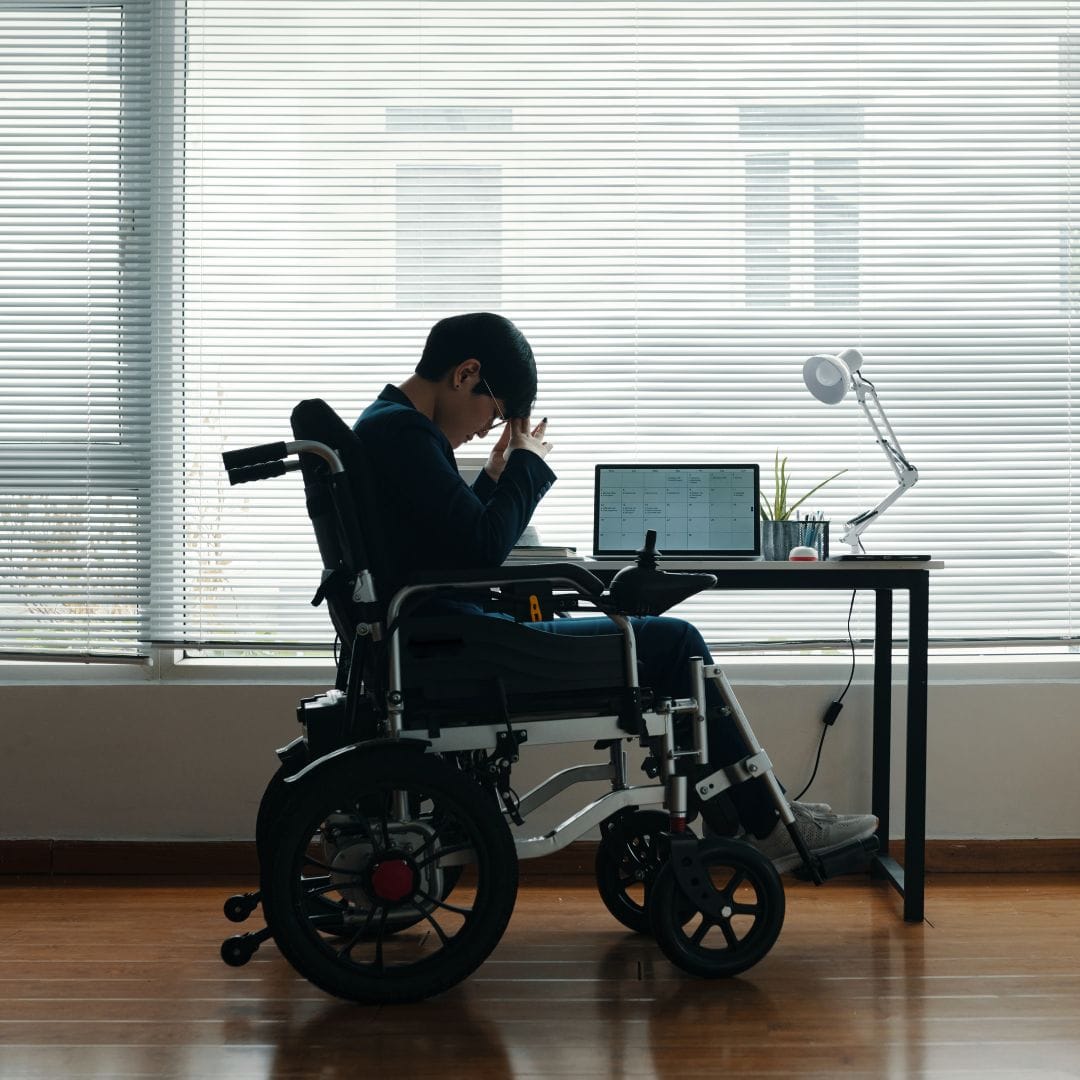
The last time I wrote about this issue was for a blog post in 2013. At the time, I focused on the depression people may experience at this time of year and some ideas on how to make things better.
Since then, more attention has been paid to isolation and loneliness, recognizing that people can feel down or isolated without having a clinical diagnosis of depression. Studies have also shown the health impacts of social isolation and loneliness. Various levels of government have started to recognize that loneliness and isolation need to be addressed, both for the benefit of the individual and a stronger community, but also for economic and health reasons.
In January 2018, the UK created a new ministry tasked with addressing loneliness and policy makers in other countries, including Canada have taken note.
It’s important to note the distinction in this article between isolation and loneliness. Some people prefer to have fewer social connections but do not feel lonely. Others can feel lonely in a crowd depending on the quality of social interactions and their expectations. What is important is how a person feels about the situation.
The wider recognition of the problem of loneliness is not news to SCI BC. We already know having a disability can cause people to be isolated, especially when so few homes are accessible and many public spaces are only minimally so. Financial barriers create an extra obstacle, limiting the options people have to participate in the community, as do the restrictions and changes as a result of the COVID pandemic, to say the least.
Add in secondary complications of SCI, such as bowel and bladder issues, pain or fatigue, and being socially connected outside the home can become a seemingly insurmountable barrier. Stigma around disability and lack of knowledge about SCI compound an already difficult situation.
How can you combat isolation and loneliness?
1. Our SCI BC Peer Program
Fortunately, we have a strong Peer Support Program that helps to combat the loneliness people may experience after injury. From the early days in hospital or GF Strong, to people living in communities across BC, we are working to ensure our Peers have the chance for positive connections. Those who live in smaller communities or for whom getting out to Peer events is difficult can connect through our Virtual Peer meetings or can call our InfoLine to reach people who understand SCI. If you’re looking for ideas about what to do at home while practising social distancing, this article has some great ideas to stay busy and productive.
2. Your local community
We also encourage our members to become active participants in the community, through volunteer opportunities, sports and recreation, hobbies or family activities. This is particularly important at this time of year, as everyone gets busier with obligations and may not have time for regular social contact with people who are feeling a bit isolated.
The holidays can also be a time of gluttonous eating — which isn’t always option for some. If you’re in the need of some holiday grub for little or no cost, the City of Vancouver offers various options across the city year round. Find a meal near you by checking this page, but be sure to call first to ensure the program hasn’t been disrupted due to COVID-19.
3. Check-in with each other, and reach out for support
I also encourage Peers to reach out to others in the community to spend time together over the holidays or even just contact someone by phone to check in. If you don’t feel you have someone in your life you can call at the moment, feel free to call the BC Mental Health line: 310-6789 or use the Crisis Centre’s online messenger platform. Other resources are:
Online Chat Service for Youth: www.YouthInBC.com (Noon to 1 am)
Online Chat Service for Adults: www.CrisisCentreChat.ca (Noon to 1 am)
I too have spent the holidays alone a few times in my life, due to work situations or just living too far from family and friends. A check-in or visit from a caring person can make a huge difference.
At the same time, it may be a good idea to limit use of social media during the holidays. Many people only share their good moments: the perfect food or staged holiday picture. Even though these snapshots are rarely representative of the person’s full life, they can make social media contacts feel less valued if their own experiences aren’t as good. Social media can be a great way to connect, just be judicious about how it is used.
4. Manage expectations
Expectations of what “should” happen are rarely realistic, so check your assumptions about what the holidays will be like. Rather than expecting the “perfect” holiday experience, shift your expectations and learn ways to find value in other aspects of the season. Often the small things have the biggest value for how we feel and doing things for others brings more feelings of connection than just receiving.



